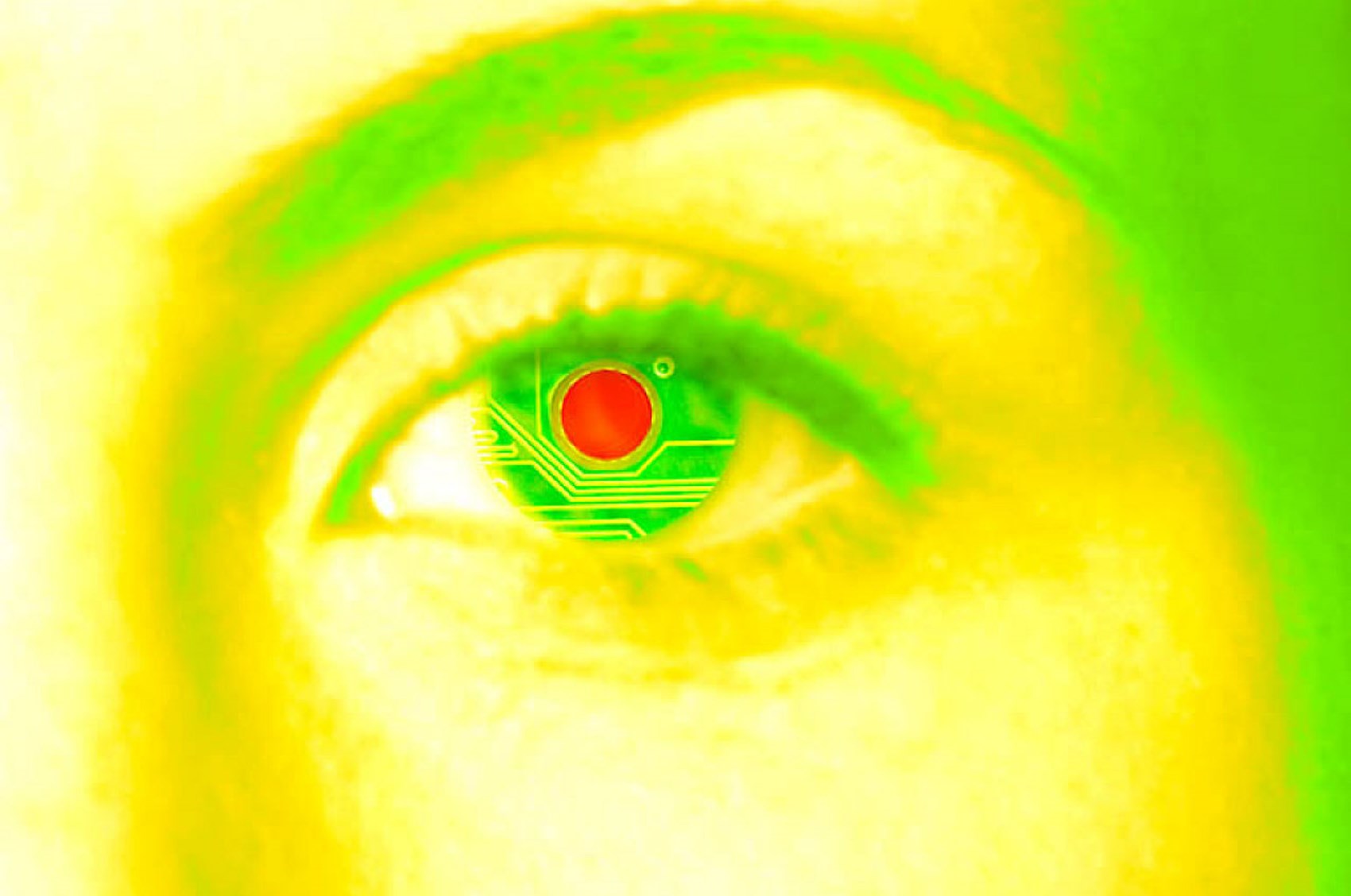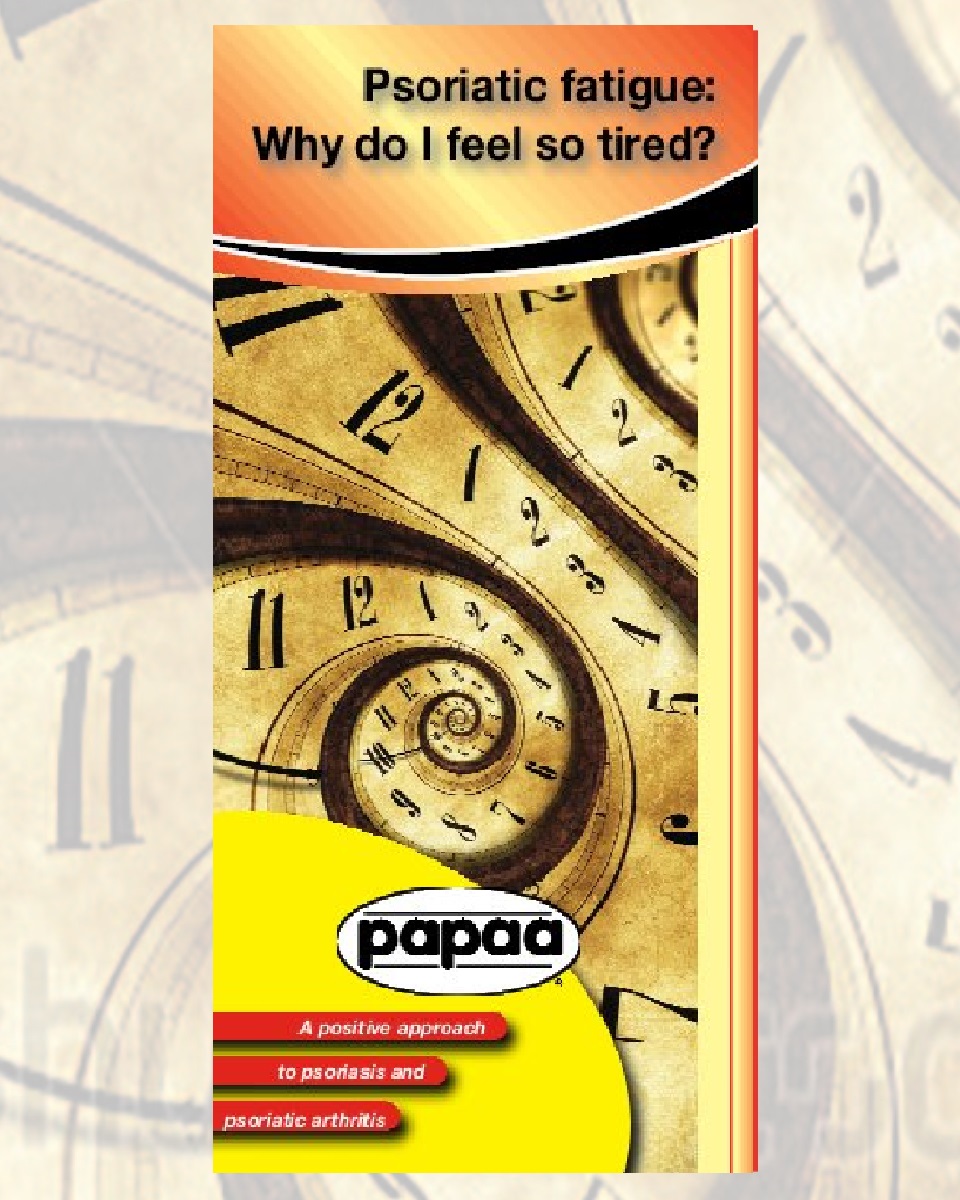
Search
You have no items in your basket

It is normal to feel tired after exertion, insufficient sleep or at the end of the day; this tiredness is usually relieved by rest or sleep. With fatigue, the symptoms often go beyond normal tiredness and can include decreased or lack of energy with accompanying physical or mental exhaustion. These symptoms usually persist even after a good night’s sleep.
In the UK, 10-20% of the population report being tired for a month or longer, with 1.5% feeling a need to see their GP. The symptoms often include difficulty sleeping; muscle or joint pain; headaches; painful lymph nodes; sore throat; cognitive dysfunction; symptoms made worse by physical or mental exertion; flu-like symptoms; dizziness; nausea; or palpitations.
As described above, inflammation appears to be part of the process of feeling fatigued, but researchers do not know exactly what the link is, or how increased levels of inflammatory substances in the body influence fatigue.
There are many myths and misconceptions about fatigue. People are sometimes wrongly viewed as being “lazy” by their work colleagues and sometimes by their own family members.
The reason that the person affected by fatigue is unable to carry out basic everyday tasks is the inflammatory process taking place in their body. People often think that caffeine will help wake them up. As caffeine is a stimulant, the effects are short-lived; people often feel more tired once the initial effect wears off. Caffeine is typically found in coffee, tea, cola and energy drinks. Caffeine is also a diuretic, causing dehydration, which will also have a negative effect. In some instances people may resort to the use of alcohol, under the misapprehension that it will relieve the symptoms. However, alcohol is likely to make people drowsier, depressed and can affect sleep, which will also contribute to fatigue.
If you feel tired all the time, tell your healthcare provider, as it is important to rule out any other causes of fatigue. Sometimes you may need to have your medication changed or take tests so that what is happening, can be fully understood.
With or without medical intervention, there are a number of lifestyle changes that may help you feel generally less exhausted.
For further information, see Psoriatic Lifestyle and Nutrition.
Some people find it difficult to get motivated and take part in some form of physical activity. As everyone has different activity levels, pain thresholds and body weight, you should start by finding activities which keep you mobile and strengthen your muscles, but which do not cause you any pain. Try to think of a physical activity that you enjoy which you can easily fit into your daily routine. If you enjoy walking, try to go for a walk a few times a week and increase the walking time by a minute or so per session. After a few weeks you will have learnt how far you can comfortably manage without experiencing pain. Other activities you may find beneficial are cycling, gentle gym exercises or more complementary therapies such as yoga or pilates. See Physiotherapy and Exercise: Psoriatic Arthritis for more detail.
People find it difficult to understand why they feel fatigued; often there appears to be no obvious cause. You may find it useful to record the times and days you feel fatigued and for how long it lasts. Log the actions from the previous few days which might influence your energy levels, such as work, sleep, events, occasions, and even your food and drink. This may help you to understand the patterns and adjust your lifestyle and activities to reduce the incidence of fatigue. You will then be able to plan your life more effectively. It may also be useful to share this information with your healthcare provider, as they may be able to help you understand the causes.
Because not everyone fully understands the effects of fatigue, psoriasis or psoriatic arthritis, show family and friends a copy of this and other PAPAA information leaflets. You may find they can offer support and adjust activities and events to suit your needs.
If you are employed, it may be helpful to talk to your human resources department or your line manager, as they may be able to adjust your working environment. Under the Equality Act 2010 (Amendment) Regulations 2012, employers must make reasonable adjustments to make sure that workers with disabilities, such as physical or mental health conditions, are not substantially disadvantaged when doing their jobs. This applies to all workers, including trainees, apprentices, contract workers and business partners.
Although it is well recognised in many published scientific studies, that fatigue is a very common symptom in both psoriasis and psoriatic arthritis, it can be difficult to express exactly how it affects you. Most people with psoriasis and psoriatic arthritis who experience fatigue will find that it leaves them debilitated and affects their ability to function or carry out daily tasks, including work and studies. Even though there may be little interest from healthcare professionals in these symptoms you should persist and continue to report them as it is an indicator of what is going on in your body. Following some of the advice listed in this leaflet may not completely solve the fatigue that you experienced, but it will go a long way to help you cope, manage and deal with the symptoms that occur.
Because not everyone fully understands the effects of fatigue, psoriasis or psoriatic arthritis, show family and friends a copy of this and other PAPAA information leaflets. You may find they can offer support and adjust activities and events to suit your needs.
If you are employed, it may be helpful to talk to your human resources department or your line manager, as they may be able to adjust your working environment. Under the Equality Act 2010, employers must make reasonable adjustments to make sure workers with disabilities, physical or mental health conditions are not substantially disadvantaged when doing their jobs. This applies to all workers, including trainees, apprentices, contract workers and business partners.
Why not share your experiences

A number of published scientific studies suggest that fatigue is an integral part of psoriasis and psoriatic arthritis, although there appears to be little link between levels of fatigue and disease severity. Overall, it is often dismissed by doctors as trivial, but people find that it can be very debilitating and affect their ability to function or carry out daily tasks, including work and studies.
This article is adapted from Psoriatic fatigue: Why do I feel so tired? leaflet.
Download our Psoriatic fatigue: Why do I feel so tired? leaflet as a PDF
Always consult your doctor or healthcare provider.